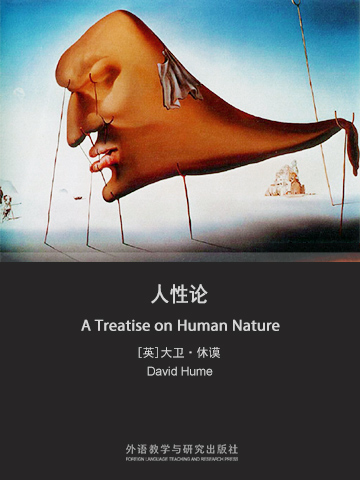走进你的心里,只为让你知道回家的路。
While many scholars today consider the Treatise to be Hume's most important work and one of the most important books in the history of philosophy, the public in Britain did not at first agree. Hume himself described the (lack of) public reaction to the publication of the Treatise by writing that the book "fell dead-born from the press."
Hume intended to see whether the Treatise met with success and, if so, to complete it with books devoted to morals, politics, and criticism. It did not meet with success, and so was not completed.
After deciding that the Treatise had problems of style rather than of content, he reworked some of the material for more popular consumption in An Enquiry Concerning Human Understanding (1748). It did not prove extremely successful either, but was somewhat more so than the Treatise. He later also "cast anew" Book 3 of the Treatise as An Enquiry Concerning the Principles of Morals (1751), which Hume wrote is "of all my writings, historical, philosophical, or literary, incomparably the best."
《人性论》是休谟一生中最重要的著作,对于人类思想史具有独创性的理论贡献。休谟思想中最重要的方面都在这本书中进行了阐述,如关于人性的三个假设,有关自私和同情的看法,有关社会秩序和制度正义的看法等等。休谟总结了自笛卡儿以来近代西方哲学的成果,其最直接、最重要的贡献是推动了康德批判哲学的形成。
David Hume's comprehensive attempt to base philosophy on a new, observationally grounded study of human nature is one of the most important texts in Western philosophy. It is also the focal point of current attempts to understand 18th-century philosophy The Treatise first explains how we form such concepts as cause and effect, external existence, and personal identity, and how we create compelling but unverifiable beliefs in the entities represented by these concepts. It then offers a novel account of the passions, explains freedom and necessity as they apply to human choices and actions, and concludes with a detailed explanation of how we distinguish between virtue and vice. The volume features Hume's own abstract of the Treatise, a substantial introduction that explains the aims of the Treatise as a whole and of each of its ten parts, a comprehensive index, and suggestions for further reading.
- INTRODUCTION.
- BOOK I. OF THE UNDERSTANDING
- BOOK II OF THE PASSIONS
- BOOK III OF MORALS















 京公网安备 11010802032529号
京公网安备 11010802032529号
笔记加载中...